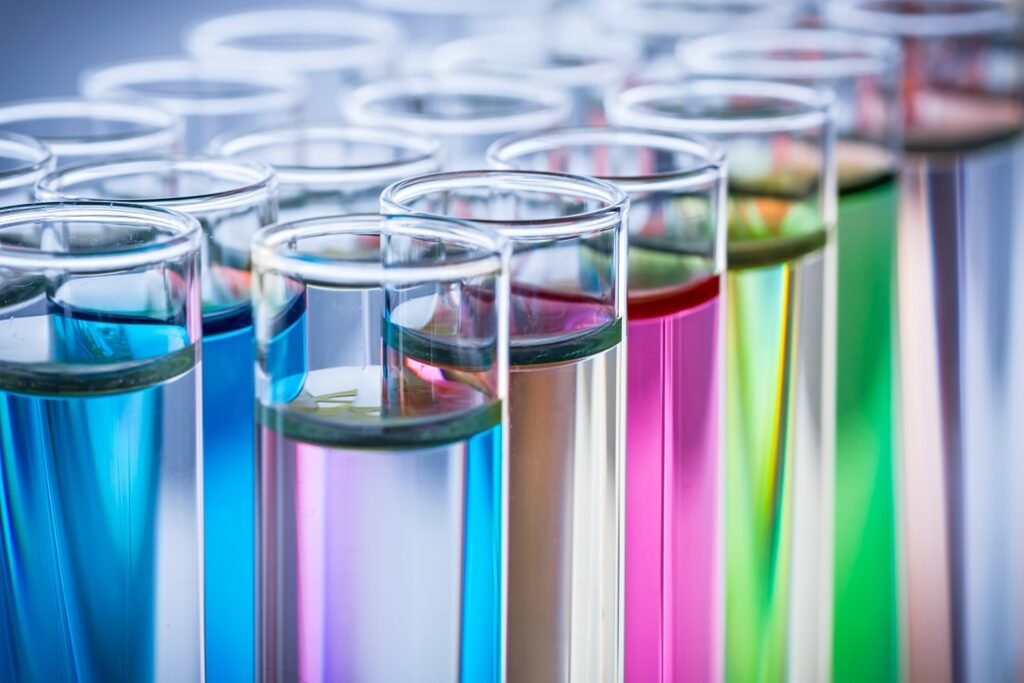The Environmental Protection and Management Act 1999 (Amendment of Second Schedule) Order 2022 and the Environmental Protection and Management (Hazardous Substances) (Amendment) Regulations 2022 were published in Singapore on May 31, 2022. They regulate five chemicals (Amitrole, Nonylphenol (NP) and Nonylphenol Ethoxylates (NPE), Iprodione, Dechlorane Plus, and UV-328) as hazardous substances under the Environmental Protection and Management Act (“Act”) and the Environmental Protection and Management (Hazardous Substances) Regulations (“Regulations”). The first three substances are being considered for addition to the Rotterdam Convention, and the remaining two substances are being considered for addition to the Stockholm Convention. Both of the order and regulations will come into effect on March 1, 2023. Once in force, it will be mandatory to obtain a license granted by the Directorate General of the National Environmental Agency (NEA) for the manufacture, import, or sale of regulated substances, or written approval from the Directorate General of NEA for their transport.
The original text of each can be downloaded from the following URL:
- Environmental Protection and Management Act 1999 (Amendment of Second Schedule) Order 2022)
https://sso.agc.gov.sg/SL-Supp/S436-2022/Published/20220531?DocDate=20220531&ViewType=Pdf&_=20220531143347 - Environmental Protection and Management (Hazardous Substances) (Amendment) Regulations 2022)
https://sso.agc.gov.sg/SL-Supp/S435-2022/Published/20220531?DocDate=20220531&ViewType=Pdf&_=20220531143347
Environmental Protection and Management Act 1999 (Amendment of Second Schedule) Order 2022)
This Order regulates the importation, manufacture, sale, storage, and use of hazardous substances. The “hazardous substances” as defined in the Act are those substances specified in the first column of Part I of the Second Schedule. However, substances specified in the second column of Part I of the Second Schedule are exempted from the Act, or if they are contained in substances, preparations or products specified in Part II of that Schedule. Those that will import, manufacture, and sale of any hazardous substances must hold a license granted by the Directorate General of NEA.
The amendment adds five new substances (Amitrole, Nonylphenol (NP) and Nonylphenol Ethoxylates (NPE), Iprodione, Dechlorane Plus, and UV-328) to the first column of Part I of the Second Schedule. The second columns of these five substances are entirely blank, that is no substance-specific exemptions are provided, so unless they fall under Part II of the Second Schedule, manufacturers, importers, and sellers will be required to hold a license after the effective date (March 1, 2023).
The following applications are listed as general exemption specified in Part II of the Second Schedule (some excerpts):
- Adhesives
- Builders’ materials
- Ceramics
- Plastics
- Paints
- Lubricants
- Rubber
- Inks
Environmental Protection and Management (Hazardous Substances) (Amendment) Regulations 2022)
This Regulation controls the transport, importation, storage, and sale of the hazardous substances. The Schedule of this Regulation contains a list of hazardous substances and threshold quantities of each substance, apart from the Environmental Protection and Management Act 1999. The transport of hazardous substances specified in the Schedule exceeding the specified quantities is subject to written approval by the Director of NEA. In addition, a permit or a license under the Environmental Protection and Management Act 1999 is required for the storage and use of the hazardous substances specified in this Regulation.
The same five substances were added to the Schedule. The thresholds for the all substances are set to zero.
Applications for licenses, approvals, and permits for hazardous substances can be made at the following website
https://www.gobusiness.gov.sg/licences/
NEA of Singapore published the draft regulations for the five substances on August 30, 2021, and had been soliciting public comments for four weeks. The results of this public comment can be viewed at the following URL. Subsequently, on February 7, 2022, NEA notified the WTO/TBT of the draft regulation (G/TBT/N/SGP/63) and a 60-day public comment period was conducted.
https://www.reach.gov.sg/Participate/Public-Consultation/National-Environment-Agency/Pollution-Control/public-consultation-on-proposed-control-of-additional-chemicals-as-hazardous-substances-(hs)-in-singapore
EnviX Comment
Among the newly regulated substances, “UV-328” is used as a UV absorber. It is mainly used in the automotive industry for the following applications:
- Automotive paints, coatings, sealants, adhesives, plastics and rubbers to protect materials from degradation or discoloration caused by UV rays
- Various automotive fluids, such as coolant/operating fluids and lubricants in motor oils
For this reason, the European Automobile Manufacturers’ Association (ACEA) is in the process of phasing out UV328, and it will be phased out of new products by 2026(*). Other uses include additives and printing inks for plastics and rubbers in outdoor furniture, building materials, food packaging (in food non-contact layers) and wood products.
“Dechlorane Plus” is used as a substitute for decabromodiphenyl ether (decaBDE), as a flame retardant in adhesives, sealants and polymers, and, to varying degrees, as an extreme pressure additive in grease. Major applications (about 80%) are in cables and wires and power vehicles. Other identified applications include aerospace/defense applications, electrical and electronic equipment, ships, horticultural and forestry equipment, household appliances, and medical and radiation therapy applications(*).
As is the case with this law, Singapore tends to be a pioneer in regulating chemical substances that are still under discussion in international preventions. For this reason, Singapore is one of the countries that industry should keep a close eye on.
Singapore’s Environmental Protection and Management Act has a number of exemptions, so companies are required to check them first. Even if a company’s products are subject to the regulations, it is advisable for the company to prepare for the obtain a license to manufacture or import them.
(*)Reference: ECHA, Proposals for new POPs
https://echa.europa.eu/proposals-for-new-pop-s
 Singapore newly regulates Dechlorane Plus and UV-328 under the Environmental Protection and Management Act
Singapore newly regulates Dechlorane Plus and UV-328 under the Environmental Protection and Management Act 

























